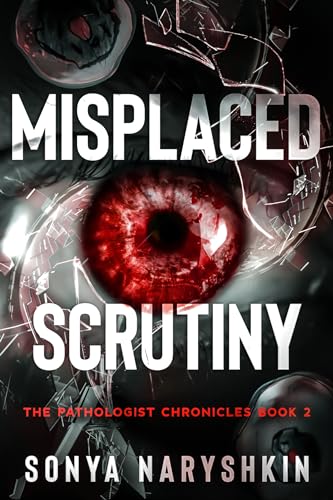First there was “Buffy the Vampire Slayer”; then its spin-off “Angel”; then the cult hit “Firefly”; and its follow-up film, “Serenity.” They all had two things in common: their creator, Joss Whedon … and their surprising psychological depth.Revisit the worlds of Joss Whedon … with trained psychologists at your side. What are the psychological effects of constantly fighting for your life? Why is neuroscience the Whedonverse’s most terrifying villain? How can watching Joss’s shows help you take on your own psychological issues?It’s all the best parts of Psych 101—without Professor Walsh. Robert Kurzban explains how Mal’s morals are a form of evolutionary pornography, and why we like to watch Thomas Flamson explores free will in the Whedonverse—with prophecies, sacred duties and the long arm of the Alliance, does anyone actually have any? Carole Poole demonstrates how Buffy and Spike’s season six relationship could be considered metaphor for narcissistic personality disorder—and concludes that Buffy may have been better off continuing it Bradley J. Daniels looks at River’s Alliance-altered brain, and the real effects of “stripping” the amygdala Mikhail Lyubansky shows why, psychologically, death really is Buffy’s gift And editor Joy Davidson takes on Angel’s mommy issues—how the course of his whole extraordinary existence can be traced back to the woman who made him a vampire


